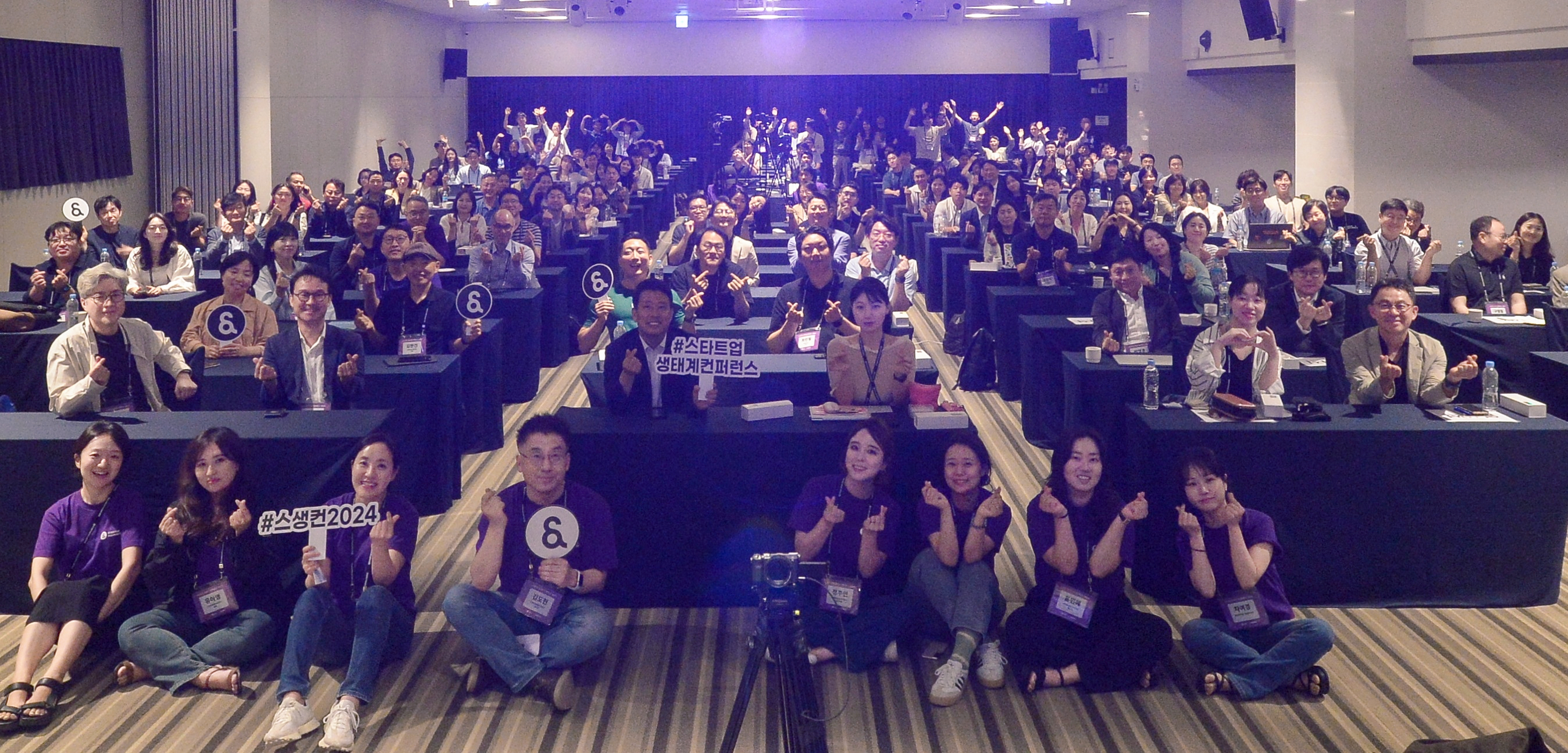
According to ‘The Global Startup Ecosystem Index Report 2024’ published by StartupBlink, South Korea ranked 20th out of 100 countries worldwide. Seoul was also ranked as the 21st most ecosystem-friendly city.
The report praised South Korea’s startup ecosystem, noting that there are many examples of early-stage companies that have successfully grown into global companies. It cited Coupang as a prime example, highlighting that South Korea has a proven track record.
The report also cites the presence of global companies such as Samsung and LG, which are leaders in manufacturing and industry, as one of the country’s greatest strengths. These conglomerates invest in and support startups, which has had a significant impact on the Korean startup ecosystem, the report said.
The report also praised the proactive stance of the South Korean government. The government has focused on fostering the ecosystem through its Comprehensive Startup Korea Plan, which includes supporting domestic startups to go global, attracting more foreign startups to Korea, and partnering with large corporations through open innovation.
The government manages billions of dollars in assets through the Korean Fund of Funds, which was described as a catalyst for the Korean startup ecosystem. It was also highlighted that private venture capital (VC) firms are also making more investments every year, despite the global funding crunch.
South Korea has a strong startup ecosystem centred around Seoul and Busan, which is one of the reasons why the country is gaining global attention, the report said.
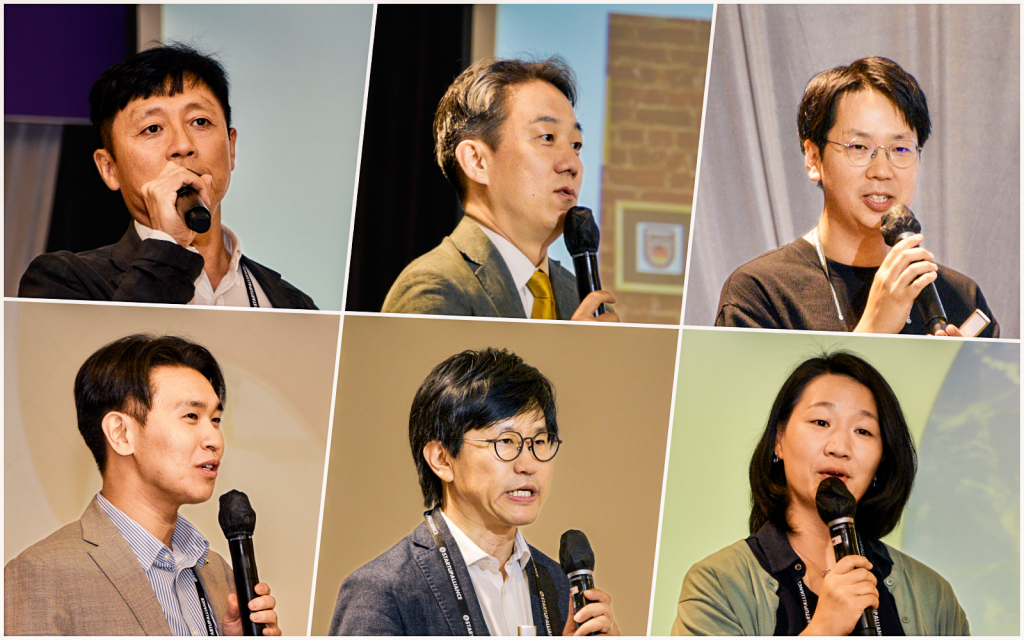
While Korea has a high-quality startup ecosystem, connecting with the global ecosystem remains a challenge. This is evidenced by the relatively low rate of Korean startups entering overseas markets compared to other countries. This phenomenon highlights the need for Korean startups to pursue both growth and sustainability in a rapidly changing global business environment.
The Startup Ecosystem Conference 2024, which took place on the 20th, was themed “Global. Held annually since 2015, the Startup Ecosystem Conference is a large-scale networking event that brings together key stakeholders in the local and international startup ecosystem to share information and explore opportunities for collaboration.
Opportunities for Korean startups to go global. Experts speaking at the event suggested that for Korean startups to succeed in the global market, they need to tailor their strategies to the region and industry they are targeting.
Corporate venture capital (CVC) is becoming increasingly important for the Korean startup ecosystem to successfully enter the global scene. Unlike traditional venture capital, CVCs are characterised by alignment with the parent company’s business strategy and prioritise strategic value over financial returns.
Younghoon Park, CEO of D.CAMP, mentioned the CVCs of major Korean conglomerates such as GS, Hyundai Motor, Samsung, LG and CJ, and stressed that they can help startups expand their global business with their global networks and capabilities through open innovation with startups.
Explaining the positive effects of open innovation, Park said, “Large companies can explore and expand new markets based on startups’ ideas and technologies, and reduce costs such as budget and human resources needed to promote new businesses.” “Startups can use the infrastructure of large companies for rapid model validation and market entry, and gain insights into customers and markets,” he said. He also noted a caveat. “It is important to recognise that large companies and startups speak different languages, have different time horizons and have different goals,” he said.
“The Korean economy has been growing well for the past 40 years,” Park said, “but it has reached its limit and a new S-curve is needed. The new curve should be built around a flexible, open and innovative startup ecosystem rather than a conglomerate growth model. The challenge we need to solve is to connect the old ecosystem, which has scale and experience, with the startup ecosystem.”
Global geography is also emerging as an important consideration for Korean startups’ growth strategies. Tae Sik Han, an economist at LG Business Research, spoke about the impact of issues such as the US-China conflict, the US presidential election and the Israel-Hamas war on the startup ecosystem, arguing that new opportunities should be sought with these changes in mind.
Advice on entering the Japanese market is also provided. Kyunghun Lee, CEO of Global Brain, said: “If you look at 2010 in Korea, many startups were created and grew into unicorns and decacorns. The Japanese startup market is expected to grow in a similar pattern to Korea in the past,” he said, advising startups to use Japan as a bridgehead to expand globally. Lee talked about how to enter the Japanese market, citing the example of Channel Talk (Channel Corporation). “Channel Talk is an example of a company that achieved product market fit (PMF) in Korea and then expanded its sales in Japan and became an international player,” he said. Lee believes there are many opportunities in Japan in areas such as commerce, entertainment and software-as-a-service (SaaS).
Approaches to the Middle East market were also discussed. Yoogeun Shin, CEO of Shorooq Partners, highlighted the potential of the Middle East market, recommending that “when planning for the next 20 years, the first 10 years should focus on regions with large investments, such as Saudi Arabia and the UAE, and the next 10 years should focus on Egypt and Pakistan, which have large young populations”.
Strategies for entering the South East Asian market, which has recently become a hotspot for international expansion, were also discussed. Daero Won, CEO of Wilt Venture Builder, stressed the need for a systematic approach to entering the Southeast Asian market, unlike in the past. “Many startups entered Southeast Asia without sufficient preparation, but now it is necessary to create a customised strategy for each country and industry,” said Won, emphasising the importance of careful and systematic planning for successful international expansion.
Globalisation is no longer a choice, but a necessity. Seeking opportunities in different countries, embracing multicultural values and building international networks are important tasks for current and future generations of startups. However, the low rate of overseas expansion among Korean startups can be explained by a number of complex factors.
Meigle Kim, managing director of Krypton, noted that “Silicon Valley may be the first place that comes to mind when thinking about going global, but the world is bigger and there are many more opportunities,” and that Korean startups can actually be competitive in about 35 countries. “The most important thing in determining the feasibility of entering the global market is to have a deep understanding of the country through thorough research,” Kim said, stressing that successful overseas expansion requires more than just choosing a destination.
Kim suggested specific measures to reduce the chances of failure in overseas expansion, such as conducting a detailed country analysis by interviewing experts, verifying sufficient conditions before launching, soberly evaluating the company’s competitiveness, and establishing a systematic entry strategy with a local partner. She also mentioned the importance of establishing a master plan and risk management capabilities.
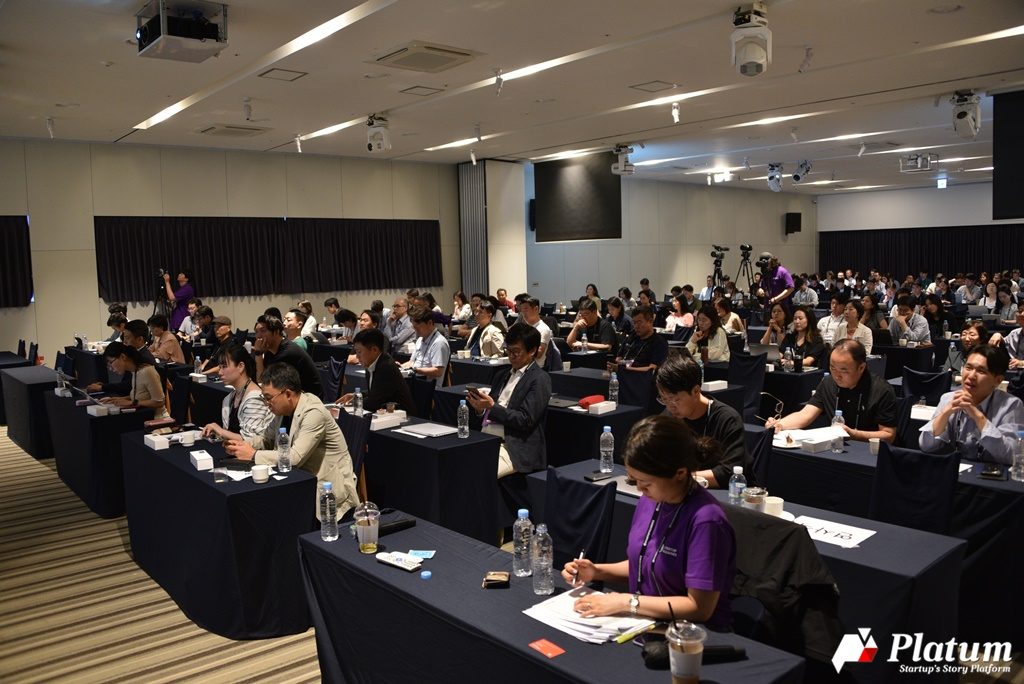
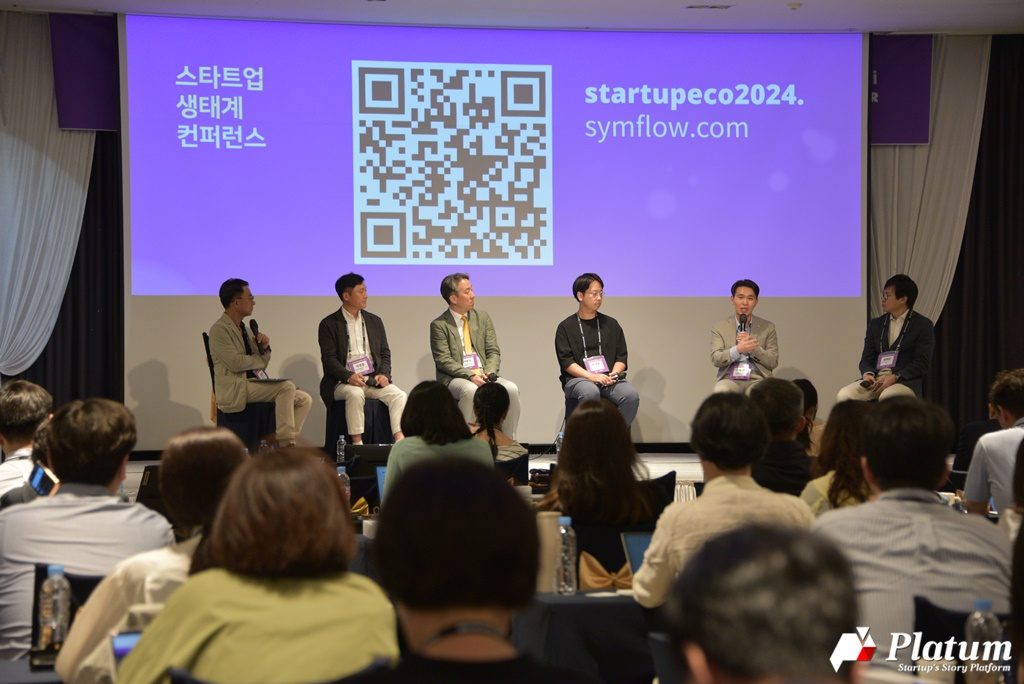
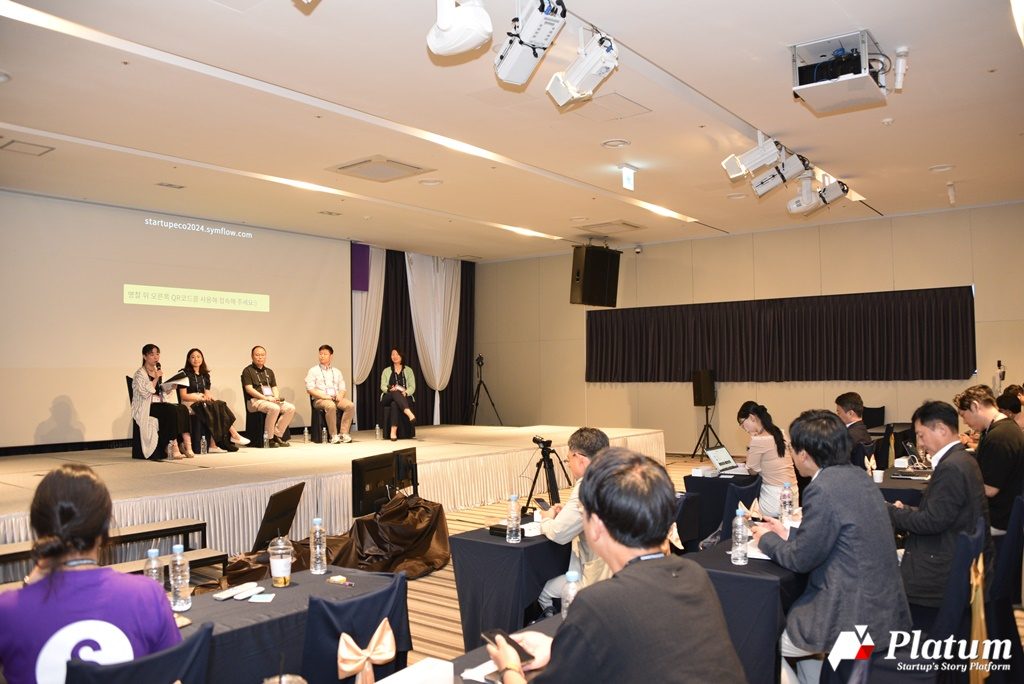







Leave a Comment